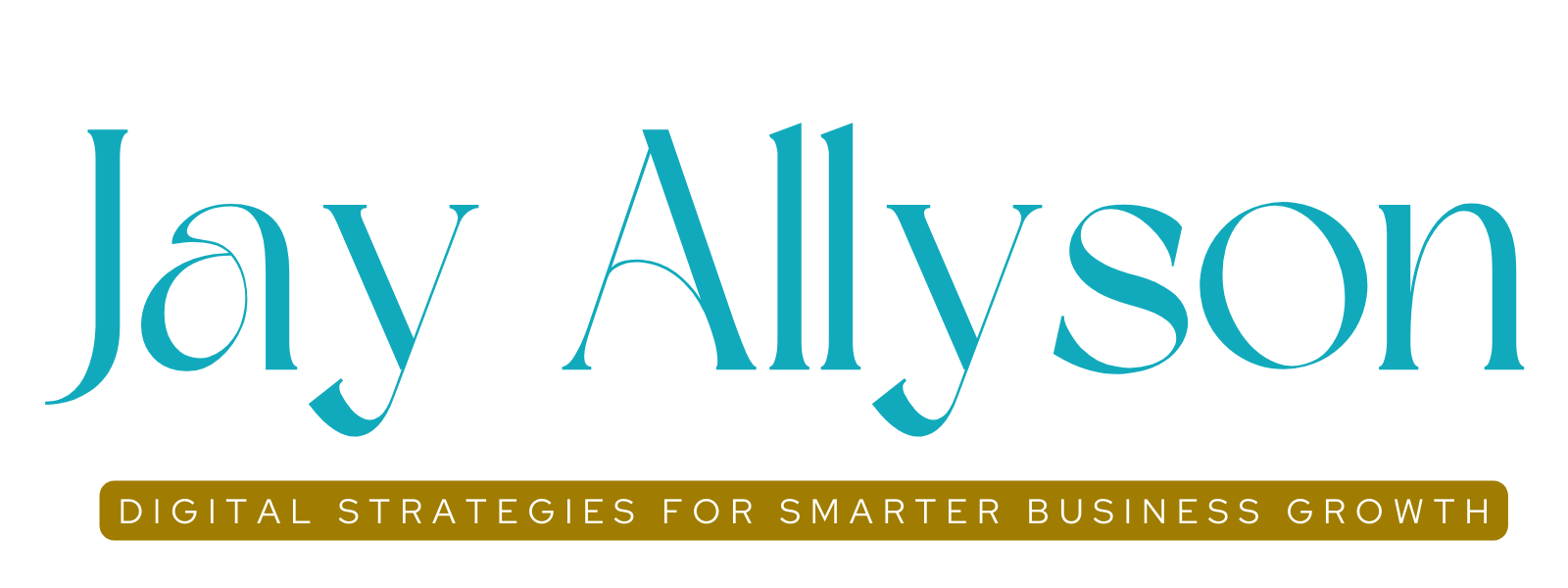For most entrepreneurs, achieving personal success is not about getting rich and having material possessions, it’s about setting and achieving aims that matter to you. True success is about whether you met the goals you set for yourself – and whether those goals stretched you to overcome obstacles and make an impact on the lives of others.
One of my most favourite quotes by Jim Rohn is “Set a goal to be a Millionaire – not for the money but for the person you will become.”
Top achievers argue that achieving personal success is impossible without a vision of where you want to get to and a road map for getting you there. This is exactly why we see the add-on mentoring as a key success factor for our iSuccess Business Academy Achiever members.
A journey based philosophy helps you set out several aspects of your life for achieving personal success. As with any journey you plan, your vision of where you want to get to needs to define your mission but also the origin, destination, strategy, tools, milestones and attitude to making it to the end goal.
Origin: Who are you right now
A road map to achieving personal success has to have a start-out point. Your origin is who you are right now. Most people, when asked to introduce themselves, would say, “Hi, I’m John and I am a 22-year old IT professional.” It does not tell you about who John is; it only tells you his present job role. To gain insights about yourself, you need to examine first your the beliefs, values and principles that underpin your attitude and approach to life and other people. It’s not about your financial status, profession, culture, or religion.
Try reflecting on significant events in your life, or everyday things that happen to you. How do you react inside and outwardly in how you treat others. This will give you insight into your character and help you identify strengths and weaknesses.
In doing this, John felt that he was a fairly motivated, generous and hardworking individual, but he had a short fuse with his friends and work colleagues and gave up too easily when he met a difficulty. He tended towards computer type work but believed that life must serve a purpose, every day was precious.
Destination: Where do you want to get to
This is about where you’ll see yourself getting to with achieving personal success. Now it is important that you self-reflect a bit first as above, but then try to identify who and where you want to be.
You might know someone you look up to in your life or at work. Why do you see them as successful? What are personal attributes of theirs that you admire? For instance, how they deal with challenges, how they express themselves, the what ways in which they inspire you?
This way you can identify the things about yourself that are in the direct opposite, which you will want to change. These might be attitudes, habits, leadership, confidence, ambition, determination, or values, principles and philosophies. If you hardly know yourself, then your vision and targets for the future would also be unclear.
Your destination in achieving personal success can relate to physical, emotional, intellectual, and/or spiritual goals. Continuing John’s story, after he defined his beliefs, values, and philosophies in life, he decided that he wanted to have a life helping others to be successful.
Strategy: Your tactics, levers and mentors
A strategy drives the methods by which you can reach your destination. It’s what behind having a so-called “vocation” in life. To a great extent, your mission would depend on what you know about yourself.
Based on John’s self-assessment, he decided that he was suited to become an entrepreneur and that he wanted to become one. His chosen vocation was an internet marketer. Describing his strategy fully: it was to live a life dedicated to serving others as an entrepreneur in developing countries.
Tools: Your knowledge, skills and resources
Food, drinks, first aid kit, spare tyre and other travelling necessities are contained in your travel kit. Applying this concept to your life map, you also carry with you certain knowledge, skills, attitudes. Along with your resourcefulness and determination, these dictate your capability and help you achieve your goals.
So it makes sense for you to assess what knowledge, skills and attitudes you have at present and what you need to acquire en route. This two-part analysis will enable you to identify key milestones or indicators of success.
John realized that he needed to gain professional knowledge and skills in marketing so that he could become a businessman. He knew that he was a bit impatient with people so he realised that this was an area of his personal development he would have to work hard on.
Milestones: Your objectives and activities along the route
Milestones are a way to check if you are on the right path to achieving personal success and are making good time along the way. When you plan out your life, it is also valuable to have milestones to keep you motivated as you progress in your journey. These are tangible measures as early indicators of success.
If you make your objectives “smart” ones, you can check whether you’ve met them in very practical terms. SMART objectives are Specific, Measurable, Attainable, Realistic, and Time-bound.
For example, it would not be realistic to set two major milestones such as earning a master’s degree and a doctorate degree in just three years. Although they are very specific, measurable and time-bound, they are not attainable or realistic since a Masters takes 1-2 years and the latter 3-5 years to complete.
John might identify the following milestones on his life road map: completing a bachelor’s degree in economics & business by the age of 21; completing an MBA by the age of 25; earning his specialization in wealth management by the age of 30; getting his own business up and running by the age of 32; and offering entrepreneurships in African countries by the age of 35.
Attitude: Your determination and persistence
The purpose of your map to achieving personal success is to minimise hasty unplanned decisions that can throw you off course yet is flexible enough that you can adjust things along the way.
Life inevitably puts both opportunities and obstacles in your path, causing inconveniences, delays, and other situations outside our individual control. Like any journey, there are crossroads, detours and potholes to negotiate. You should anticipate them, celebrate the challenges, live and learn, and adjust accordingly.
While focusing on your destination, make sure you also enjoy the journey!
If you’d like to talk strategy, that’s my thing. I invite you to book a free consult call with me to look at what you need in place for achieving personal success in regard to your business and life goals.

